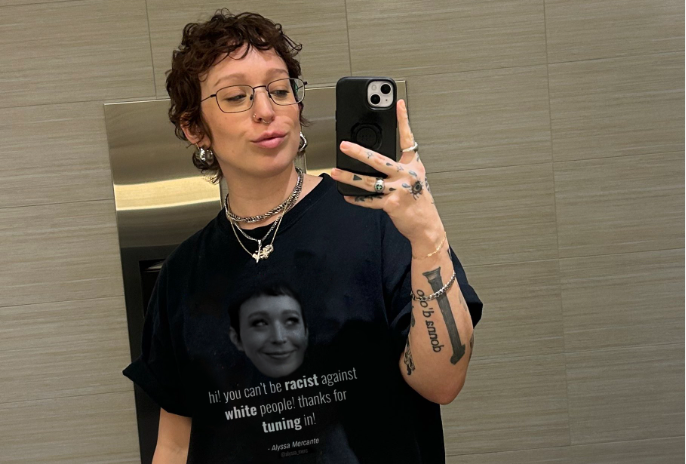Jeff Grubb's Self-Destruction
- Smash JT
- Mar 13, 2024
- 3 min read
The Death of Gaming Journalism
Ah yes, journalism, that place where transparency and integrity should stand at the forefront of issues. Unfortunately, recent events have cast a shadow over this "idealistic" vision.
The industry, which once thrived on trust and the unfiltered transfer of information, seems to be navigating through a murky phase, characterized by apparent bias and exclusionary tactics. This reflective piece centers on my personal fallout with Jeff Grubb, a figure I once held in high regard within the gaming community... and to be honest, this sucks. I don't want to have to say this.
So What Happened? "Sweet Baby Inc." has been embroiled in a scandal due to the deplorable actions of some of its employees, which I've spoke about a few times, and has ignited widespread public outrage on social media. Up to and including now being called a "Gamergate 2". However, the narrative has taken an unexpected turn as journalists, notably in a divisive article by Alyssa Mercante for Kotaku, have been criticized for seemingly deflecting blame from the company and misrepresenting the situation, sparking discontent among the gamers. Her horribly biased coverage has not only drawn ire towards Mercante, who has yet to accept responsibility for the alleged misrepresentations in her article, but also towards Jeff Grubb, who has been accused of defending her stance rather than addressing the core issues at hand, leading to accusations of bias and a failure to uphold journalistic integrity.
The Catalyst of Discontent
The onset of my disappointment began from a simple post on Twitter. I called attention to the noticeable bias in Jeff Grubb's stance (below).
Instead of an open discussion or a constructive rebuttal, my efforts were met with a digital blockade; Jeff Grubb blocked me. Definitely not the first time I've been blocked, but this one struck a bit differently. I'm not writing this article to cry about being blocked. If I did that when someone blocked me, that's all I'd ever do lol. No. This one goes to a much deeper problem.
A seemingly minor move in the grand digital scheme, symbolized a larger issue at hand—the diminishing space for critical discourse and dissent within the gaming "journalism" sphere (and yes I use that term VERY loosly).
The Broader Scene: A Collective Drift
The issue extends beyond a single interaction.
It reflects a collective drift within parts of the gaming journalism community, where entities like GiantBomb and Kotaku are mentioned in the same breath of bias and self-destructive tendencies. Observers and insiders alike have voiced concerns over a creeping "clique" of thought and a reluctance to entertain dissenting viewpoints.
The situation with Alyssa Mercado at Kotaku exemplifies this trend (spoiler alert, she blocked me as well), where perceived biases have led to public outcry and debates over journalistic integrity.
Behind-the-Scenes Allegations: A Network of Mutual Protection?
The crux of the issue lies in the behind-the-scenes connections among journalists and media outlets. Accusations of a quasi-collaborative network, where personal and professional interests intertwine, raise questions about the impartiality of reporting. This "all in bed together" scenario paints a worrying picture of an echo chamber, where the priority shifts from truth to tribal loyalty. Precisely what is happening here. There is a strong "We must protect each other" tone in the air.
A Personal Reflection on Lost Ideals
The gaming industry has a seemingly unlimited amount of rich stories and community engagement, and holds a unique position in the cultural landscape. It's typically a realm where creativity meets criticism, innovation confronts tradition, and journalists play a pivotal role in navigating these waters.
At least, that's what it was... in years past.
Yet, when those tasked with shedding light on the industry choose to block out dissenting voices now, it undermines the very foundation of journalistic integrity.
In Search of a Silver Lining
Despite the gloom, I remain hopeful. As a community, we should encourage a culture of transparency, where differing opinions are not just tolerated, but embraced. More importantly, that the full story is given to the audience.
The situation at hand is more than just a personal grievance; it's a reflection of the challenges facing gaming journalism today. As we move forward, let us not forget the lessons learned from this, and strive for a future where the pillars of truth, integrity, and open discourse stand strong, lighting the path for both journalists and the communities they serve.
~Smash








Comments